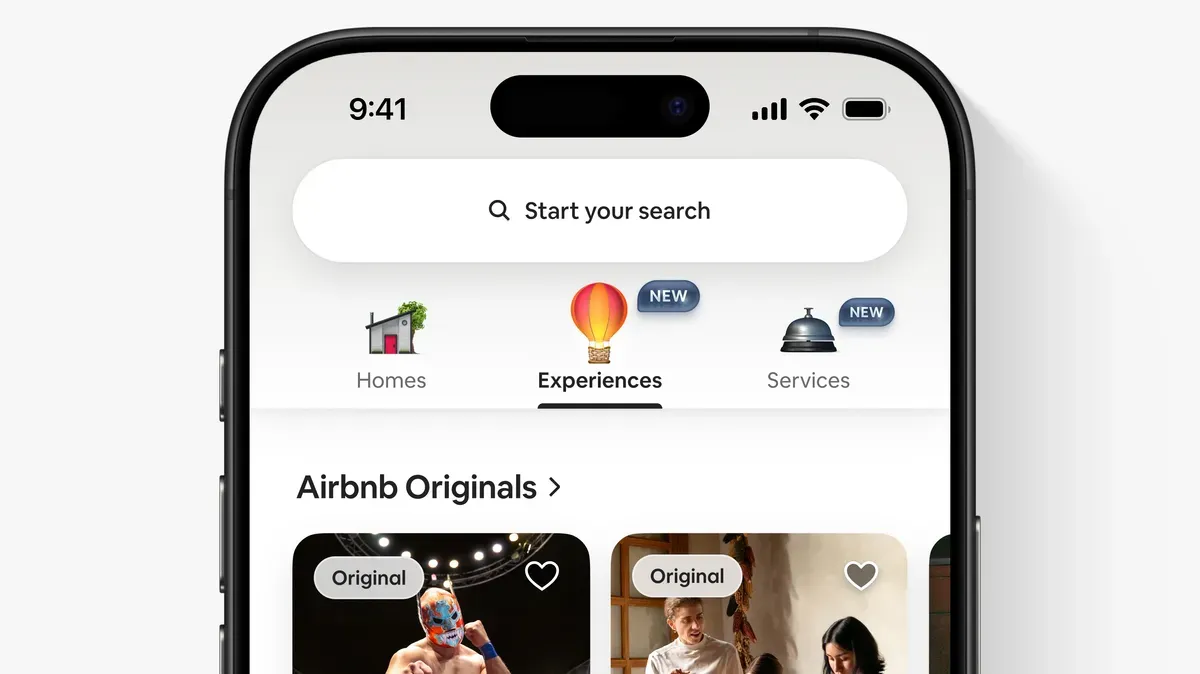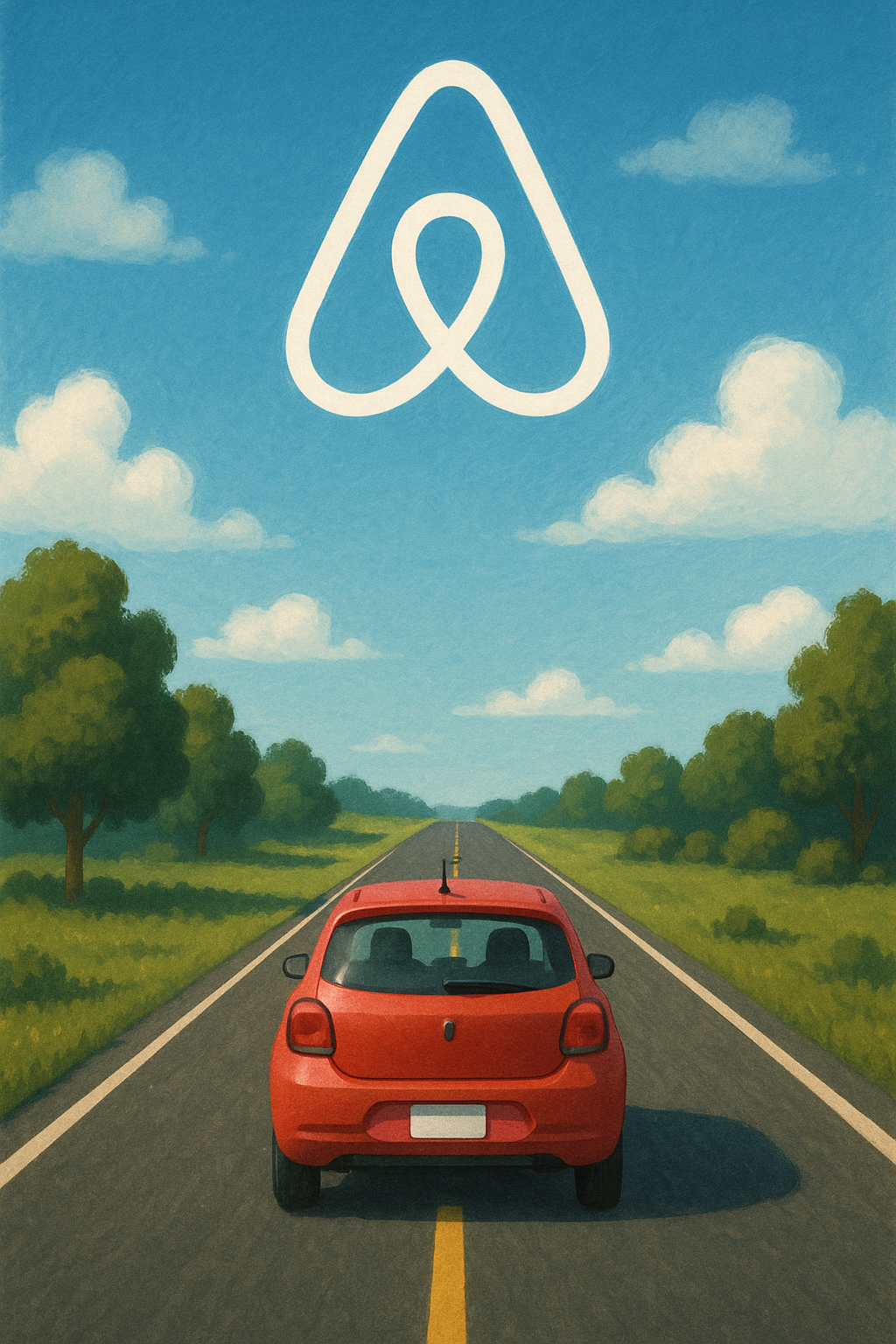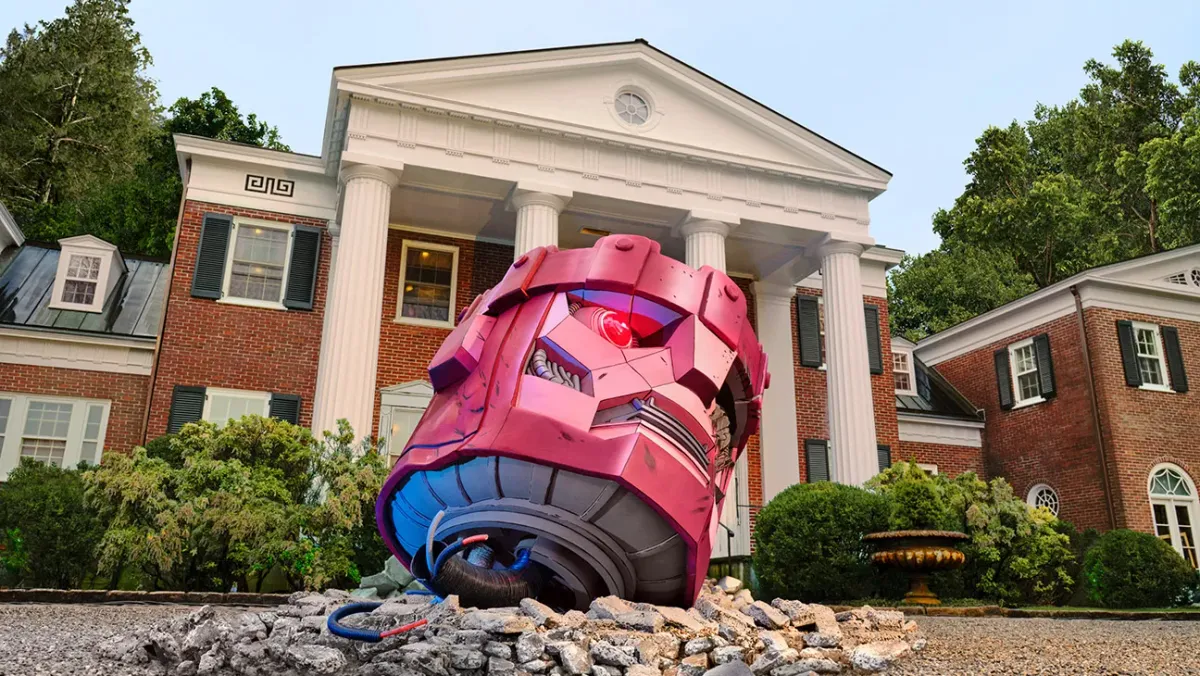On the Road to Airbnb's Reinvention

This profile of Brian Chesky by Steven Levy is content-rich. Ostensibly, it's structured around Airbnb's new services and experiences launch and redesign, but it's just as much about Chesky himself and his hope to extend his company beyond what it currently is. A few key highlights:
Still wired out of his mind from the cathartic corporate rescue, Chesky began to write. He wanted to bust the company he’d cofounded out of its pigeonhole of short-term home rentals. Amazon, he was fond of pointing out, was first an online bookstore before it became the everything store. Chesky had long believed that Airbnb should expand in a similar way. But things kept getting in the way—dealing with safety issues, fighting regulation, coping with the existential crisis of a global pandemic. The company was in danger of being tagged with the word that ambitious entrepreneurs dread like the plague: mature.
That "cathartic corporate rescue" was Chesky's assist in reinstating his good friend Sam Altman back atop OpenAI after "the blip" – the coup – appealing directly to Satya Nadella for help, which, of course, worked.1 Altman was back and Chesky was buzzing, he wanted to expand Airbnb beyond what it had become – something which, by the way, plenty thought it never could become: a profitable public company. But the biggest companies in the world tend to have a second act, or another trick up their sleeve. The very best have a few, which they reveal over time to remain relevant.
Now Chesky was emboldened to lay out his vision. Home rentals are simply a service, so why stop there? Airbnb could be the platform for booking all sorts of services. While other apps cover specific sectors—food delivery, home maintenance, car rides—Chesky figured that Airbnb’s experience in attractively displaying homes, vetting hosts, and responding to crises could make it more trustworthy than competitors and therefore the go-to option for virtually anything.
At a high level, this is compelling. Everyone – everyone – wants a service filled with fully vetted and trusted professionals to call upon for various tasks. Many – many – startups have been born out of this premise, but they all tend to fail at a certain point. Most of it is related to scale.2 It's really about solving one of the oldest problems in the book: quality and quantity are concepts that tend to be diametrically opposed to one another. But if you can find a sweet spot – something that many would argue which a company like Apple has, manufacturing their products at incredible scale with impressive quality – there's magic to be made. And a lot of money.
But Airbnb has a fundamental challenge that Apple doesn't: people. Sure, Apple needs people to help them scale, and to some extent, they've been able to scale people thanks to the modern miracle of contract manufacturing in China.3 But Apple is not selling people to people, Airbnb is now trying to in the form of their services.
In a frantic typing spree at the dining room table, on the couch, the bed, and at times in his office, Chesky specced out how he would redesign the Airbnb app. Its users—now at 2 billion—would open up the app not only at vacation time but whenever they needed to find a portrait photographer, a personal trainer, or someone to cook their meals. Chesky reasoned that Airbnb would need to significantly strengthen its identity verification. He even thought he could get people to use the app as a credential, something as respected as a government-issued ID. If he could transform Airbnb into a storefront for real-world services, Chesky thought, he’d catapult his company from a nearly $10-billion-a-year business into one that boasted membership in tech’s pantheon.
The problem, which every story is rightfully quick to note: Airbnb has tried this before. Seemingly a few times. And it hasn't worked. You can write On the Road about the experience of building out this 'Experiences' business,4 but that doesn't manifest Airbnb's Manifest Destiny, as envisioned by Chesky.
If the idea sounds familiar, that’s because Airbnb launched a service by that name almost a decade ago, with pretty much the same pitch: special activities for travelers, like architects leading tours of buildings or chefs showing people how to fold dumplings.
It flopped, although Airbnb never formally pulled the plug. Chesky’s excuses include tactical errors: After a big initial splash, the company didn’t follow up with more marketing, and it didn’t establish a strong flow of new experiences. But the big reason, he says, was that it was too early. Now the company has five times as many customers and an ecosystem to support the effort. “It was like our Newton,” says Chesky, referring to Apple’s handheld device that predated the iPhone. (Another Apple reference, for those keeping score.)
As always, I'm compelled by the idea of timing here. That is, the belief that so much of what works (or doesn't) in life, but with technology in particular, comes down to timing. And while you – obviously – can't time such timing, you can do the work to put yourself in the best position possible to succeed when the timing is right. And often, that simply means persevering. And if there's a takeaway from this profile, it's that Chesky keeps going. And now he has a service with 2 billion users to offer up to some "10,000 vendors peddling a swath of services in 260 cities in 30 countries."
Perhaps it will still be too early, but it's certainly better positioning than it was a decade ago. But I go back to the notion of scaling – in particular with people. That's what always breaks these ideas. Maybe – just maybe – this time will be different thanks to the timing of what is seemingly the most profound technological change to come around since the smartphone: AI.
After that comes a deep immersion into AI: Inspired by his relationship with Altman, Chesky hopes to build the ultimate agent, a super-concierge who starts off handling customer service and eventually knows you well enough to plan your travel and maybe the rest of your life.
Here again, there are no shortage of people going after this problem and space. But none of those have Airbnb's scale (or potentially deep ties to Altman/OpenAI). So... maybe. Maybe not. Or maybe not yet. But maybe!
And I also think it's the right thing to try – again, with AI. Chesky notes his aspirations to be one of the trillion-dollar behemoths, and all of them not only had their second (and third, often fourth) arms of their businesses to get to that scale, but they also rode the right technological waves as they came in. The right one right now is clearly AI. To the point where it may be the only way for another company to join the trillion-dollar ranks.
But it also perks up another obvious question in my head: does Airbnb need a rebrand? Not the logo this time, but the actual name? Generally, I like their name as it's unique and fun, but it's also very clearly associated with just the home travel booking aspect of the business. If Chesky's big ideas work here, they may need to 'Alphabet' themselves. Maybe just 'Air'? Too generic? More than 'Meta'?
Speaking of air...

Jules Verne Hot Air Balloons
Beyond all this, I'm compelled by Airbnb's new design ideas here. I don't have the new version in my own hands yet, but from what I've seen, things look decidedly old school with new school flourishes.
Chesky explains that historically, people used Airbnb only once or twice a year, so its design had to be exceptionally simple. Now the company is retooling for more frequent access. Open the app, and you see a trio of icons that act as gateways to the expanded functions. Within minutes Chesky and his lieutenants are applauding the cheery, retro style of the icons—a house for traditional rentals, a hotel bell for services, and a Jules Verne-ish hot-air balloon representing activities. “We really thought deeply about the metaphor—what was the right visual to express an experience?” says Connor. Once they decided on the balloon, they drilled into how much fire should belch from the basket. The icons were drawn by a former Apple designer whose name Chesky would not divulge. “He’s a bit of a secret weapon,” he says.
Such things tend to be quite divisive – as do all redesigns, including a few in the history of Airbnb itself. But these days, I'm all about trying to bring some fun and whimsy back to tech products – something I hope Apple itself is thinking about as well, not just their ex designers. Speaking of...
One more thing: Airbnb was one of the first companies to hire LoveFrom when Jony Ive and company left Apple. That's seemingly at play here, but it also, apparently goes the other way too:
Then he puts a cap on that insight, sounding less like a CEO than a life coach. “I’ve never had a dream with a device in it,” he says. Leave it to the subconscious to highlight what matters. That said, his day dreams certainly involve a new kind of device. In his off hours he’s helping with a secret project headed by his friends Altman and Ive to create a device that Altman says is the next step beyond computers. (“This is not theoretical memo-swapping,” Altman tells me. “We’re hard at work on it, prototyping.”)
So it's not just Altman and some of his OpenAI team and Ive and some of his LoveFrom team but also Brian Chesky working (on the side) on this newfangled AI hardware project?! There's a lot of hype risk here, obviously. But at least they're not doing a TED talk about it at this stage...5




1 But perhaps also set OpenAI and Microsoft down a more contentious and maybe untenable path – but that's an entirely different matter.
2 The concept of "scale" is a funny on in the history of Airbnb, as they are perhaps the poster child for doing things that seemingly don't scale. Something which they keep doing!
3 And yes, Apple's strength has suddenly become a weakness in recent months.
4 I swear On the Road is Chesky's reference, not my own!
5 I might just point out the the largest investor in Humane was... Sam Altman.




